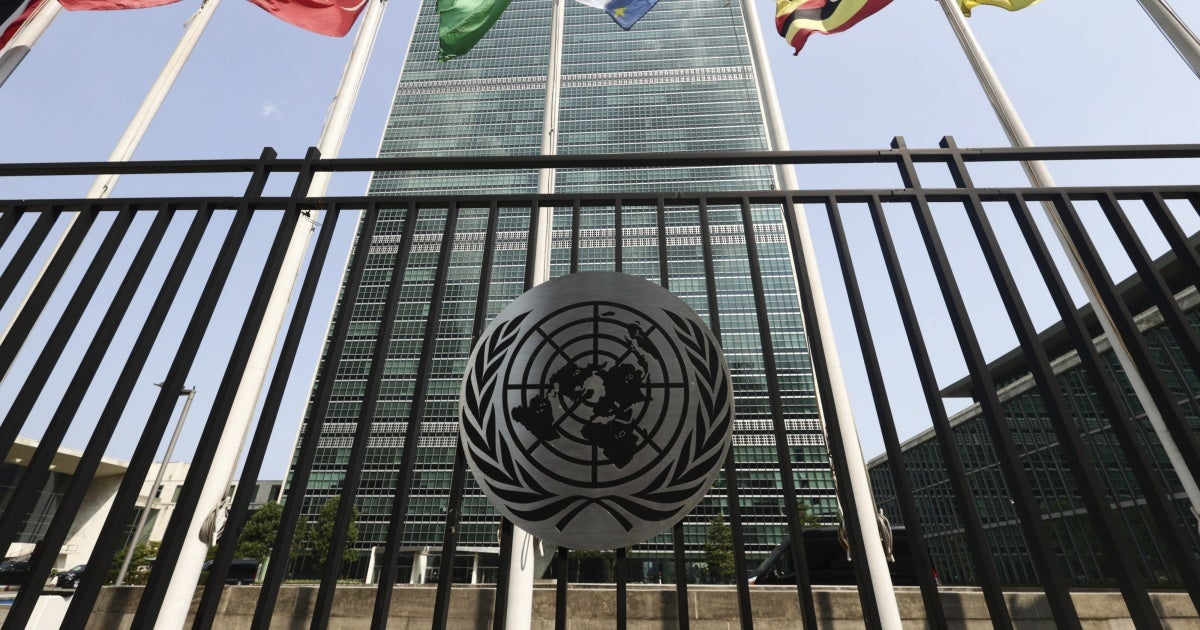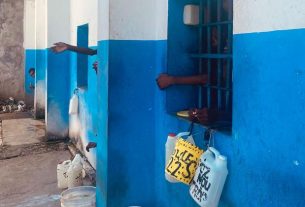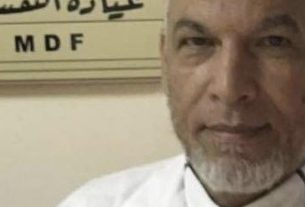The United Nations has released a chilling report detailing human rights abuses committed by the former Bangladesh government under Sheikh Hasina, following a brutal crackdown on anti-government protests last year. The investigation, published on Wednesday, estimates that up to 1,400 people may have died—primarily at the hands of security forces—suggesting that these actions could constitute crimes against humanity.
Key Findings:
- Mass Casualties: The report reveals that 78% of the deaths were caused by military-grade firearms, such as rifles and shotguns, while 12-13% of those killed were minors.
- Widespread Detention: Over 11,700 people were detained, many subjected to violent and unlawful treatment.
- Targeted Repression: Evidence indicates that the government had an official policy to suppress protests, with security forces accused of summary executions and deliberately shooting unarmed protesters at close range.
UN Human Rights Chief, Volker Türk, called for accountability, urging Bangladeshi authorities to ensure justice is served and human rights upheld. Türk characterized the findings as “brutal,” demanding action against the perpetrators.
Political Context and Aftermath: The protests, which initially began as a student-led movement demanding reform in public sector job quotas, quickly escalated into a nationwide uprising calling for the removal of Hasina and her Awami League Party. The government’s violent response led to widespread unrest, culminating in Hasina’s forced resignation and flight to India, where she remains in exile.
As Bangladesh’s interim government, led by Muhammad Yunus, pledges to prosecute those responsible for the violence, the country faces growing international scrutiny. Hasina herself is under investigation for alleged crimes against humanity, corruption, and other serious offenses, and an extradition request has been made for her return to Bangladesh from India.
This report serves as a stark reminder of the devastating impact of political repression and the urgent need for justice in post-crisis Bangladesh.



